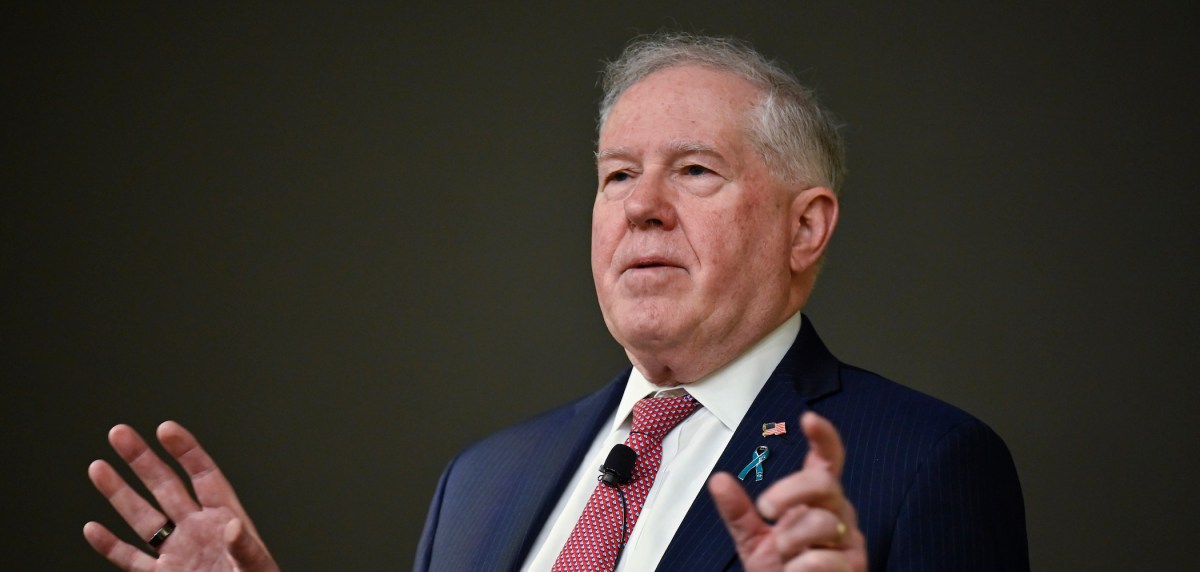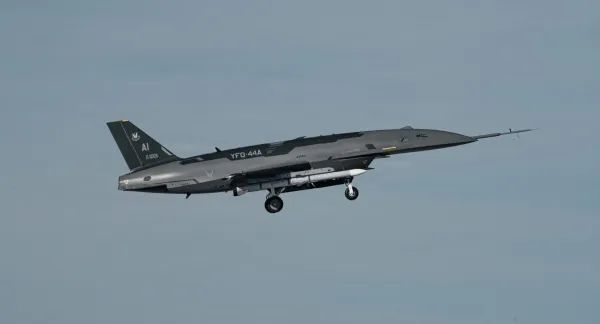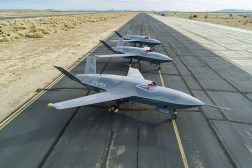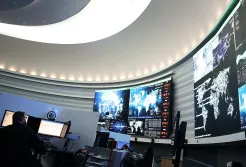Air Force pressing Congress for new authorities to kick-start development of new technology

COLORADO SPRINGS, Colo. — Fearing significant delays in getting a number of new technology initiatives off the ground, the Department of the Air Force has submitted a request to lawmakers for the ability to start projects without a congressionally approved budget, Secretary of the Air Force Frank Kendall said Wednesday.
The department is requesting $55.4 billion to fund the Air and Space Forces’ research, development, test and evaluation efforts in fiscal 2024 — including investments in a dozen brand new programs that the department believes will help it maintain technological superiority over adversaries. But development cannot begin until Congress approves the DAF’s budget — a process that in recent years has been significantly delayed.
The next fiscal year begins Oct. 1, but Congress often fails to pass appropriations bills on time and federal agencies — including the Defense Department — have had to operate under continuing resolutions that generally don’t allow for new-start programs to begin.
“The problem that I have is the amount of time I have to wait for Congress to act,” Kendall told reporters during a media roundtable at the Space Symposium.
To bypass potential wait times from the budget cycle, the Pentagon submitted a “Rapid Response to Emergent Technology Advancements or Threats” proposal to Congress that would give the services authorities to begin development of new-start programs all the way up to preliminary design review, Kendall said.
The authority would allow the Air and Space Forces to “leverage an emergent technological advancement of value to the national defense” or “provide a rapid response to an emerging threat,” according to the proposal, which was submitted to Congress on April 12.
Kendall pointed to the seven operational imperatives he created to serve as roadmaps for the department’s modernization efforts. The imperatives include programs like the Next-Generation Air Dominance (NGAD) family of systems — including the loyal wingman concept known as the Collaborative Combat Aircraft (CCA) — and resilient space architectures.
“We finished that work about a year ago. A year ago, I had in my hand a number of recommendations on how to most effectively and rapidly spend money in order to get to better capabilities,” Kendall said. “I could have started a lot of those things a year ago, but now we’re going to wait a good year, I would expect — and I’m worried that it might be longer than that.”
One of the new-start projects Kendall noted he is concerned about is the CCA program, for which the Air Force is asking lawmakers about half-a-billion dollars in fiscal 2024 for research, development, test and evaluation.
The limited authority would allow the department to conduct development all the way through the preliminary design review — including the requirements tradeoff process, systems engineering and potentially risk reduction — as a way to move the program forward, Kendall said.
“That would buy us … at least a year-and-a-half or two years in terms of lead time. And it is essentially free,” he said.
Kendall noted that conversations he has had with lawmakers regarding the authority have been positive, although the approval would require Congress to be more flexible than usual.
“One of the reasons this hasn’t happened in the past is because Congress is reluctant to give up even this much authority,” Kendall said. “I think it’s a minimal amount of authority to give up for a very high return.”






